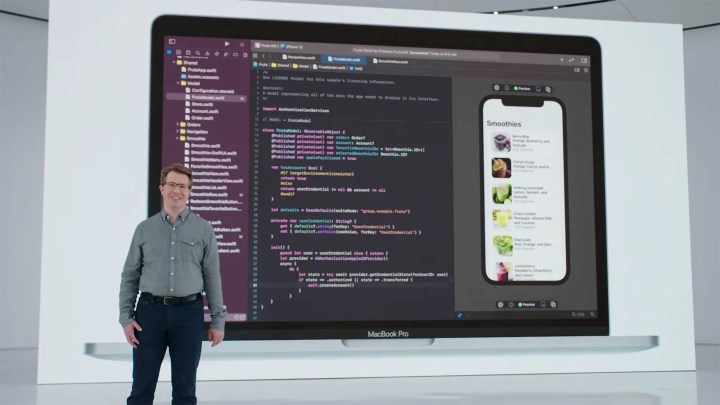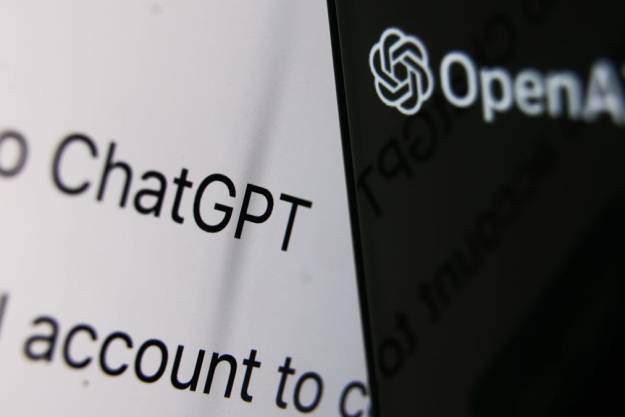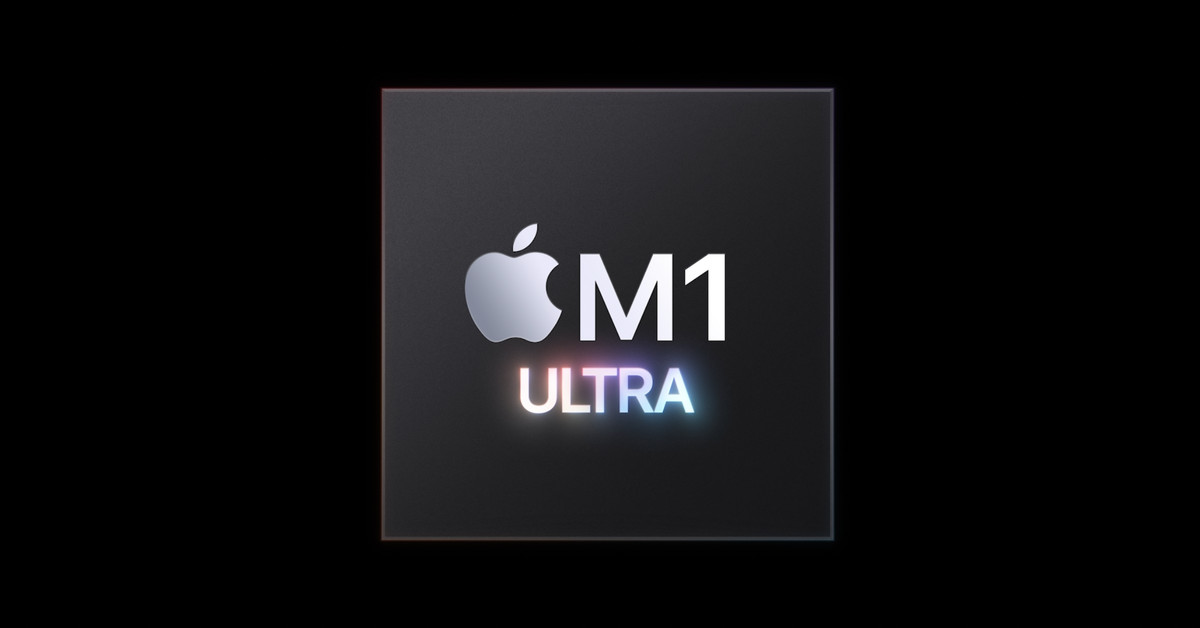Apple’s ChatGPT rival may automatically write code for you
Apple might be poised to enter the artificial intelligence chatbot race, but not in the way you’d expect. Here’s how the company could take on ChatGPT.

Artificial intelligence (AI) tools like ChatGPT and Bing Chat have exploded in popularity over the past year, yet industry titan Apple has remained conspicuously quiet on the matter. Now, though, we might know what could be in store for us if the Cupertino firm decides to launch its own AI chatbot.
In a recently granted patent (#US-11687830-B2), Apple explains how it could infuse machine learning (ML) tech into its Xcode app, which may allow it to automatically write code for developers. If successful, that could be a major boost for app builders who work within Apple’s ecosystem — and could mean better apps for users.

The patent notes that ML could be used to automatically complete lines of code, check existing code for bugs, and more. These simple tasks alone could help save developers a bunch of time.
Beyond that, though, Apple potentially sees its idea as removing barriers for new developers who might not be familiar with how to set up the right software and hardware in order to use ML models.
To that end, Apple’s patent explains how a new system could include ML models “within an integrated software development environment” in a similar way as familiar features like functions and classes. This would then allow the developer to take advantage of all that ML goodness just as they would use a regular library or class when coding, with no complicated setup required. In other words, using machine learning to assist with your code would feel instantly recognizable.
Built into Xcode

It sounds like Apple will embed its code-writing tool directly into the Xcode app rather than release a standalone chatbot, much like how Adobe is building AI tools right into Photoshop. It’s possible it could also find its way into other Apple apps, perhaps providing a system-wide AI helper in the vein of Microsoft’s Copilot.
The fact that AI tools like ChatGPT are easy to use and get to work quickly means Apple’s idea could be seriously attractive to developers. Building it into Xcode — an app developers use all over the world — means code writers wouldn’t have to learn how to use an additional app to reap the benefits.
Speaking of benefits, though, those are far from guaranteed, and Apple’s existing AI efforts are something of a mixed bag. The iPhone 14’s AI-assisted photography skills are exceptional — Siri, famously, is not.
Still, you’d expect Apple to make a decent go of its AI code-writing bot given how much money it has to throw at the problem. If you write a lot of code, watch this space.
Editors' Recommendations
I taught ChatGPT to teach me board games, and now I won’t ever go back NY lawyers fined for using fake ChatGPT cases in legal brief Mercedes-Benz brings ChatGPT voice control to its cars GPT-4: how to use the AI chatbot that puts ChatGPT to shame Microsoft may have ignored warnings about Bing Chat’s unhinged responses
In ancient times, people like Alex would have been shunned for their nerdy ways and strange opinions on cheese. Today, he…
Apple CEO says he uses ChatGPT, weeks after Apple banned it
Apple had one of its largest WWDC keynotes in recent memory this year, with monumental announcements like the new Vision Pro headset. But one area where Apple was shockingly silent was AI, especially after the cascading rise of apps like ChatGPT.
Apple's CEO, Tim Cook, said the company is being patient with AI for now in an interview with Good Morning America. "I do think it's so important to be very deliberate and very thoughtful in the development and the deployment of [Large Language Models]," Cook said. "Because they can be so powerful that you worry about things like bias, things like misinformation, maybe worse in some cases."
These ingenious ideas could help make AI a little less evil
Right now, there’s plenty of hand-wringing over the damage artificial intelligence (AI) can do. To offset that, Firefox maker Mozilla set out to encourage more accountable use of AI with its Responsible AI Challenge, and the recently announced winners of the contest show that the AI-infused future doesn’t have to be all doom and gloom.
The first prize of $50,000 went to Sanative AI, which “provides anti-AI watermarks to protect images and artwork from being used as training data” for the kind of large-language models that power AI tools like ChatGPT. There has been much consternation from photographers and artists over their work being used to train AI without permission, something Sanative AI could help to remedy.
ChatGPT creator seeking to eliminate chatbot ‘hallucinations’
Despite all of the excitement around ChatGPT and similar AI-powered chatbots, the text-based tools still have some serious issues that need to be resolved.
Among them is their tendency to make up stuff and present it as fact when it doesn’t know the answer to an inquiry, a phenomenon that’s come to be known as “hallucinating.” As you can imagine, presenting falsehoods as fact to someone using one of the new wave of powerful chatbots could have serious consequences.

 Aliver
Aliver 



































